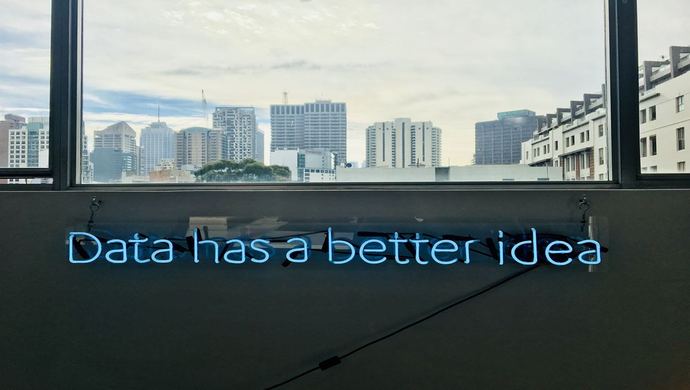Big Data will continue to revolutionise people’s everyday lives in these five ways.

Big Data has become an essential part of our lives today. Businesses and governments as well are using vast amounts of data to analyse the best way to get services and products to people.
As a result, people are getting more personalised goods and services at a fast and cost-efficient manner.
Here are the top five ways Big Data affects your personal life and why it matters.
Wearables
From households to hospitals, wearables technology is everywhere.
Putting on a device that monitors your sleep and activity is ideal in keeping track of your fitness and health. Technology has removed the need to write journals for remembering the walking distance and the food eaten.
You can use wearables to track this, and more, for maintaining healthy habits. Due to a large number of people consuming comfort foods, there has been an increased number of obesity cases.
Also Read: Busting the myths around AI, IoT, Big Data and Cloud at Echelon 2019
To control this disease and other lifestyle diseases like heart attacks, wearables aid in gathering data to offer essential feedback for progressive improvement.
Energy consumption
Big Data aids in the self-regulation of energy consumption through smart meters to allow for most efficient energy use.
Intelligent meters gather data from sensors located throughout an urban space. They tell where energy flows and ebbs are highest at a particular time. This is similar to what transportation planners do with people in transit.
It allows for redistribution of energy across the grid to direct it to the places it is required most. These devices might be costly in the short term, but they are going to be a norm. They will automatically change to ensure energy is efficiently distributed in a particular network.
Urban planning
Big Data is progressively used in the smart city context to assist in the planning of urban centres. It allows the development of a new understanding of how cities work by urban planners.
Timelines for planning are shorter than previously available. Urban planners can plan cities within hours and days as opposed to years and decades. A great instance of the use of Big Data in urban planning is seen in the way data can impact the functionality of public transport. Underground systems can check the passenger flow in real-time.
This Big Data is derived from ticketing systems that show when people exit or enter a train. Operators of transport systems can use this data to determine peak times. This allows them to change the number of vehicles present on the tracks in particular areas at specific times of the day.
Also Read: What role does big data play in the insurance industry?
Online shopping
Big Data has changed the way the retail industry works. Retailers are using Big Data to target advertisements based on the search history of consumers. This is similar to the way companies are using Big Data in finding the best candidate for IT staffing.
Big Data is a big thing in online shopping since people’s habits are being monitored by web browsers as well as their GPS to target them with effective advertisements.
The online profile of a shopper does not give retailers all the information required for optimising their offerings. Retailers need also to track clicks to create a more useful buying profile.
This, as well as the location and demographic information, let the retailer combine large quantities of data from shoppers via sophisticated event processing, creating room for dynamic segmentation and success for online retail.
GPS and Mobile Maps
GPS technology has allowed people to get directions from just anywhere in the world. You can obtain real-time travel instructions in a majority of industrialised locations around the globe.
Big Data creates room for a progressive improvement of mobile mapping. The liberalisation of telecom grids, the introduction of more smartphones, and the availability of mobile apps have led to the availability of massive amounts of Big Data which offer accurate real-time directions.
This is because the Internet of Things (IoT) is a technology that improves with use.
Also Read: How PR agencies can use big data to optimise their campaigns
Conclusion
These are some ways Big Data will continue to bring advancement in everyday lives through energy consumption, online shopping, GPS and mobile maps, urban planning, wearables, and more. Brace yourself for a better future where data works for you.
–
Editor’s note: e27 publishes relevant guest contributions from the community. Share your honest opinions and expert knowledge by submitting your content here.
Join our e27 Telegram group here, or our e27 contributor Facebook page here.
Image Credit: Franki Chamaki
The post 5 impacts of big data in your personal life appeared first on e27.